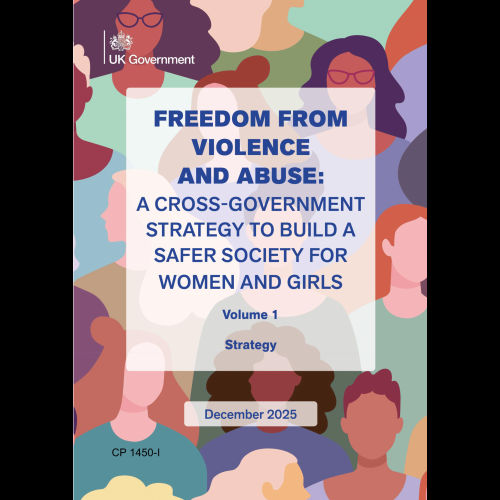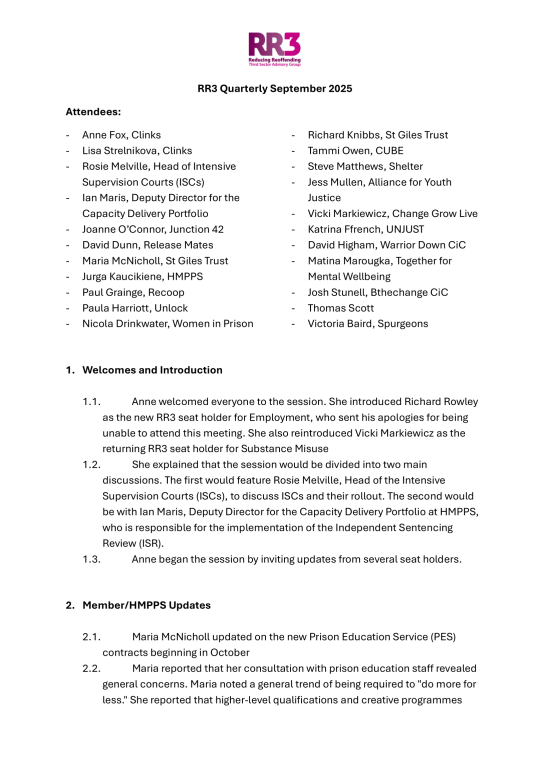Over the last four years Clinks has regularly surveyed voluntary sector organisations working with offenders and their families to collect information about how healthy the sector is, the role it is playing, and the wellbeing of service users. We launched our most recent survey in September 2014, and the Centre for Economic and Social Inclusion (CESI) supported us with the survey questions and data analysis.
As we have now finalised the report and our findings, I thought it would be interesting to give you a flavour of some of the conclusions we were able to draw from the information submitted to us, by pulling out some of the key findings from the report. This is by no means a comprehensive review of our findings and we are going to publish the full report on 24th April- so keep your eyes peeled!
What did we find?
The sector continues to be diverseThe survey responses ranged from small community based organisations that are completely volunteer led, to those with 2,000 members of staff, emphasising the diversity in the make-up and needs of the sector.
Service user need is increasing and becoming more complex
Organisations overwhelmingly told us that the needs of service users are increasing and becoming more complex, as some policy changes are having a negative impact on service users financial stability, mental health and ability to access appropriate accommodation. When responding to this change in need, one organisation told us:
‘I think the landscape has shifted...it is not just you’ve got to provide a service for less. You’ve got to provide a service for people with a higher need for less money.’
Volunteering has increased
We also found that volunteers are vital for the sector and volunteer recruitment is increasing, with organisations now, on average, having 1.7 volunteers for every member of paid staff.
Organisations are facing financial challenges
When we asked organisations about their financial information, we found that many organisations are relying on their reserves, which is putting them at risk of closure. Indeed, the majority of organisations told us that they would use all of their reserves in a year or less if they continue using them at current levels. Winning new contracts also remains challenging for the sector, with the majority of organisations failing to always receive full cost recovery on the contracts they are delivering.
What next?
The latest state of the sector report will be published on Friday 24th April so please keep a look out for it by clicking here.
We will also be launching the next survey in May. As the sector is increasingly required to navigate a complex and shifting policy and commissioning environment, the survey is more important than ever, as it helps to inform the support we give to our members and the messages we communicate to policy makers, so that the sector can continue it’s vital work.
If you have any comments about the initial findings from the report or would like to share your story with us- we would love to hear from you. Please leave a message below or contact me at Nicola.drinkwater@clinks.org
Please note that we have now published our state of the sector survey and it can access it by clicking here.
What's new
Blogs
Violence Against Women and Girls (VAWG) Strategy Blog
Publications
Latest on X
The role is for a leader from an organisation focused on racially minoritised people, with expertise in service delivery, policy, advocacy, or related areas in criminal justice. Racial disparities are present at every CJS stage. This role ensures these voices are central in shaping policy to help address and eradicate them. Apply by Mon 18 Nov, 10am. More info: https://www.clinks.org/voluntary-community-sector/vacancies/15566 #CriminalJustice #RR3 #RacialEquity

